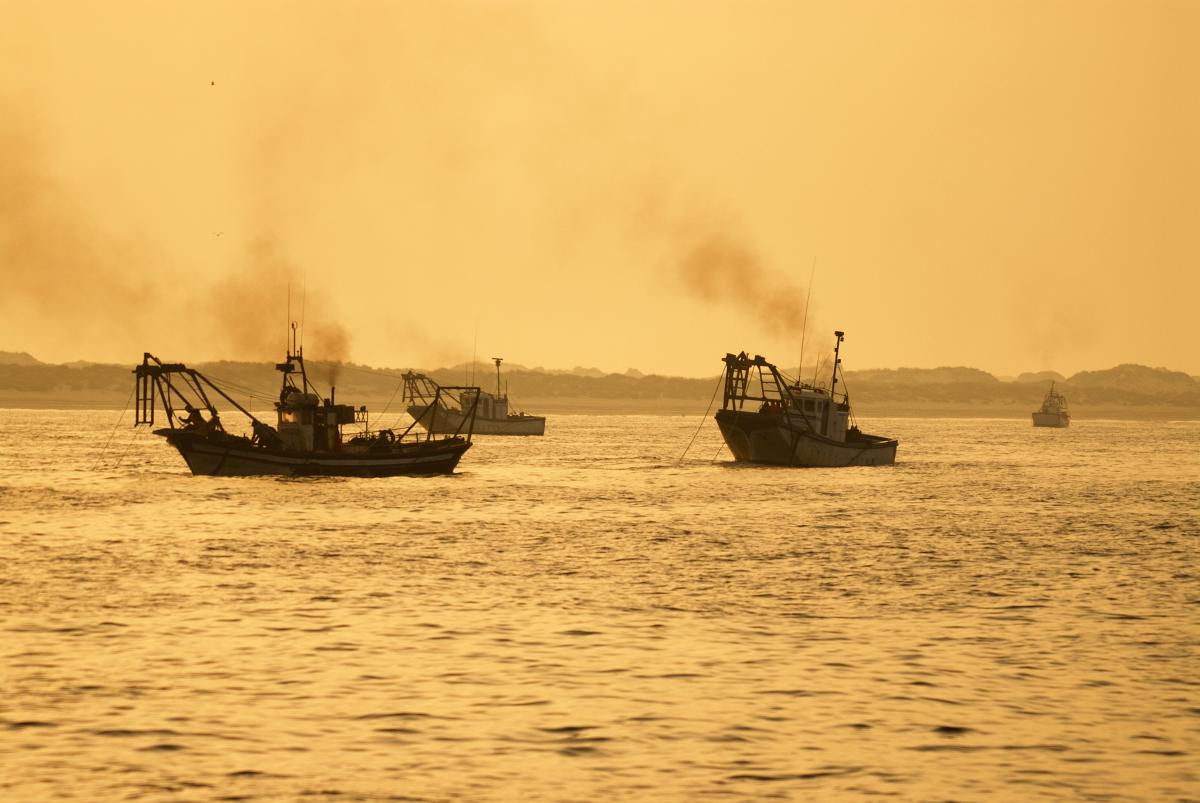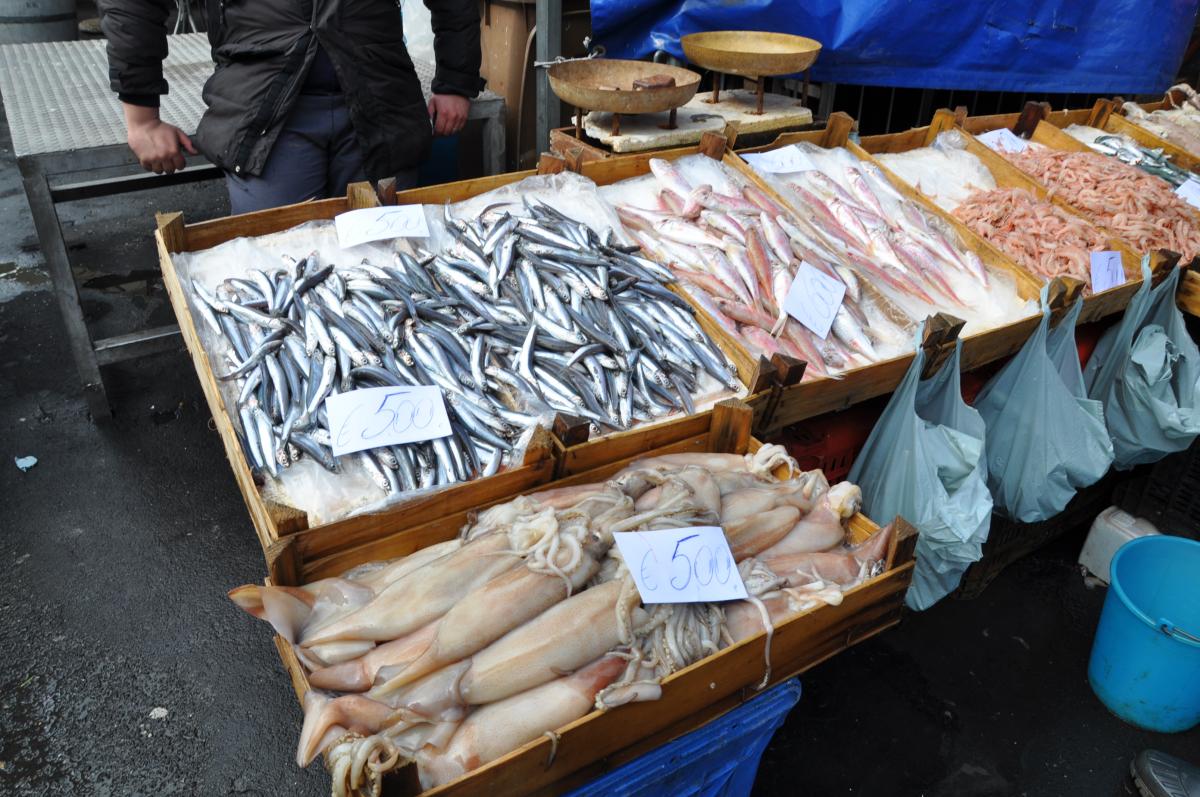August 18, 2020
IUU 101: What is Illegal, Unreported and Unregulated Fishing?
Estimated reading time: 0 minutes
BY: Sayara Thurston
Topics: Stop Seafood Fraud
Illegal, unreported and unregulated fishing is harming the world’s oceans – but what exactly is this phenomenon and what is Canada’s doing to stop it?
What is Illegal, unreported and unregulated (IUU) fishing?
IUU fishing includes fishing activities that take place outside of domestic and international fisheries laws or contravene requirements intended to conserve fish populations. Due to its scale and serious impacts, IUU poses huge risks to the health of the oceans, wild fish populations, human rights, consumers and honest fishers around the world.
Worldwide, as much as one in five fish is caught through IUU means, amounting to estimated losses of up to $23 billion USD per year. This fishing happens in the dark; its activities and catches take place off the books, meaning that they are not recorded in catch registries. For honest fishers, these harmful practices wreak havoc on the fish populations that they rely upon and make it impossible to estimate the size of these populations accurately. This total lack of transparency also means that labour standards cannot be regulated or enforced, and widespread human rights abuses have been consistently linked to IUU vessels. Products of IUU fishing can also flood the market with cheaper, illicit but untraceable products, undercutting legally caught products and hurting the livelihoods of fishing communities.
Illegal fishing in Canada
While Canada is considered relatively low-risk – but not entirely risk-free – with regards to IUU fishing in its waters, Canada is not immune to the larger problem of IUU fishing. Fish and seafood are the most highly traded food commodity in the world, with notoriously long and opaque supply chains. As much as 80 per cent of the seafood we eat in Canada is imported. Alarmingly, Canada does not have adequate standards in place to ensure products of illegal fishing are not entering our borders. Moreover, fish and seafood products caught by individuals who have been trafficked into modern slavery can currently make their way onto Canadian supermarket shelves, simply because we have not put effective safeguards in place to prevent this.

Modern slavery and human rights violations
The human rights violations associated with illegal fishing are as egregious as those more well-known for happening in the illicit trade of drugs and weapons. Investigations have found extensive evidence of the systemic use of modern slavery by vessels engaged in illegal fishing. Undocumented migrants are sold, kidnapped or tricked onto fishing vessels to work as forced labourers or indentured slaves. Accounts have also revealed the existence of ‘prison islands,’ where people are marooned – sometimes in cages – while the captains return to port. Escaped slaves have reported brutal violence, including beatings and even murder. In addition to modern slavery, child labor is common in fishing and aquaculture across the globe, and the U.S. State Department has found that IUU fishing is commonly associated with violence against women.
Stopping illegal fishing
Addressing the widespread problem of IUU fishing is a daunting task. It happens on a global scale across dozens of jurisdictions, including on the high seas – areas of the ocean outside of any one country’s control – where enforcing regulations is incredibly challenging. In recent years, however, technological advances, increased awareness and international cooperation have resulted in new tools to eradicate this scourge.
Oceana was a founding partner of Global Fishing Watch, an organization that uses satellite technology and cutting-edge data analysis to increase transparency on the ocean. Its latest investigation revealed one of the largest illegal fishing operations ever discovered, showing hundreds of Chinese vessels fishing illegally in North Korean waters. Fishing operations like this one would previously have gone undetected, but not anymore.
Using all the technological tools at our disposal will be critical in providing data about where and how IUU fishing is happening; however, to effectively eliminate it, countries must also make sure that their borders are closed to products of IUU activity. Implementing boat-to-plate traceability, which is a framework to trace all seafood caught and sold within a country from its point of catch or harvest, through the supply chain, and all the way to the consumer, is the foundation that countries must adopt to play their part in stopping IUU fishing. Without broad adoption of strong traceability measures, illegal fishers will always be able to find a market for their illicit products. And while Canada has committed to putting boat-to-plate traceability in place, the government has not committed to a timeline for doing so.
 Take action
Take action
Without strong seafood traceability measures in place, we can’t say for sure that the seafood on our plates wasn’t caught through illegal means that harm the ocean, human rights and honest Canadian fishers.
Please join us in calling on the Canadian government to follow through on its commitment to implement a strong traceability system in Canada. Take action by signing our petition and telling the government to #StopSeafoodFraud.
MOST RECENT
June 19, 2025
June 2, 2025
OPINION: From Crisis to Opportunity: Rebuilding Canada’s Fisheries for Climate and Economic Security

